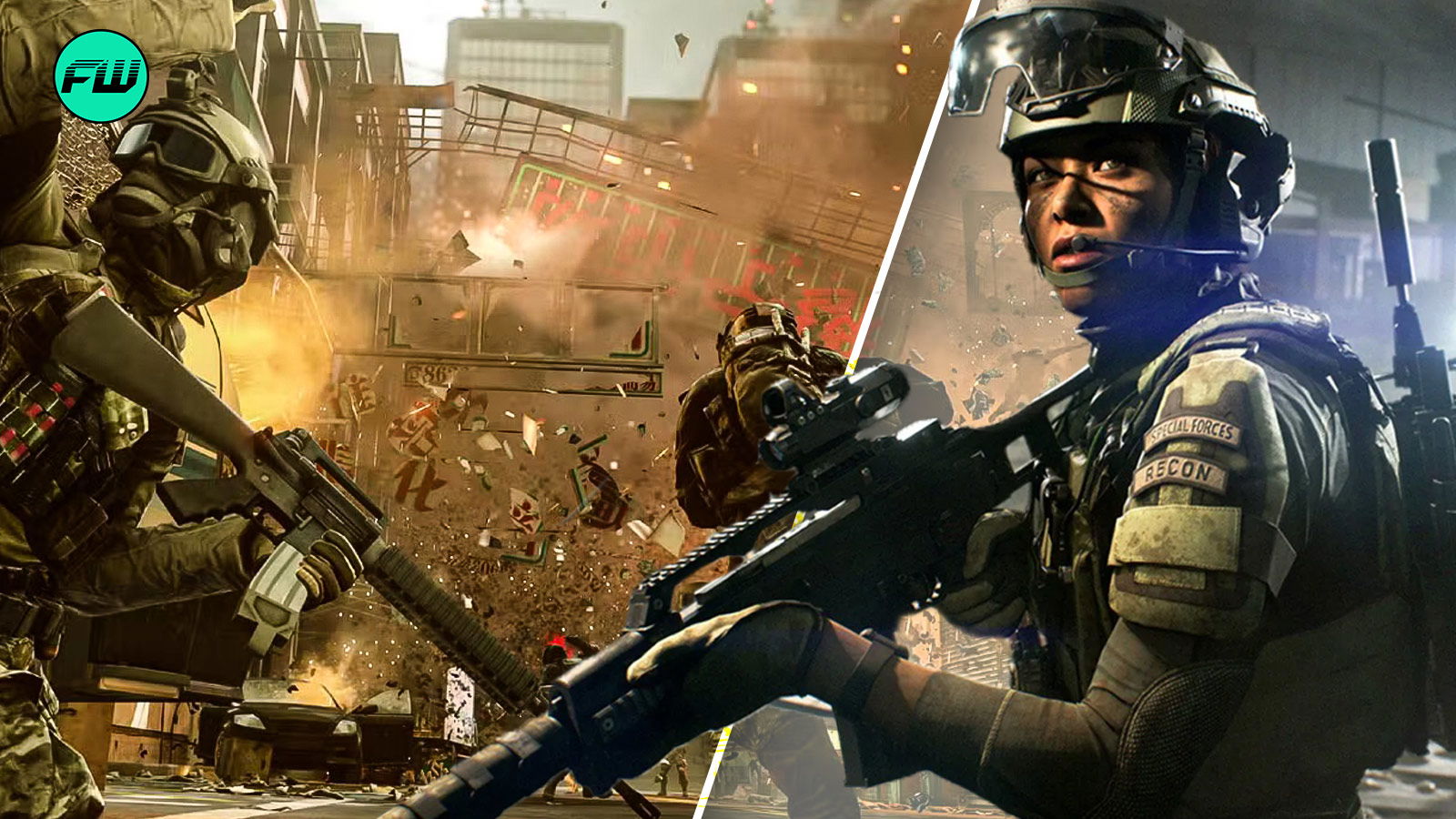The recent open beta for Battlefield 6 proved to be an overwhelming success, topping Steam charts and securing high active-user rankings on both PlayStation 5 and Xbox Series X|S. Following its conclusion, the beta`s popularity even sparked a significant increase in sales for its predecessor, Battlefield 2042, effectively revitalizing positive sentiment around the entire franchise.
Among the substantial player feedback, a particularly interesting trend emerged: widespread satisfaction with the apparent lack of collaborations with external intellectual properties (IPs). This reaction is especially noteworthy given the prevailing industry trend of “Fortniteification,” where games transform into interactive catalogs of IPs, leveraging current fads and nostalgic references to sell cosmetics and other in-game items. Battlefield`s main competitor, Call of Duty, has fully embraced this model, integrating a diverse cast ranging from WWE wrestlers to iconic duos like Cheech and Chong and pop star Nicki Minaj into its ranks.

Activision has previously acknowledged fan criticism regarding Call of Duty`s “drift” from its core identity, yet a complete reversal of this course appears difficult. While Black Ops 6 skins may not transfer to Black Ops 7, the popular battle royale mode Warzone will continue to feature extravagant cosmetic items, suggesting Activision`s strategy involves maintaining a hybrid approach.
Fortnite itself, the namesake of this trend, is currently enjoying a season headlined by the Mighty Morphin` Power Rangers, having integrated countless popular IPs from movies, television, video games, and even music through Fortnite Festival. Its distinctive cartoony art style might provide a degree of immunity from criticism. However, for “military simulations” like Call of Duty and Battlefield, there`s a strong expectation of realism that fans are often reluctant to compromise.
Commendably, the developers behind Battlefield 6 have expressed a commitment to preserving the game`s identity. Vince Zampella recently stated to Eurogamer that BF6 will “stay true to Battlefield,” with cosmetics designed to align with the game`s “core visual identity.” This declaration has been met with cautious optimism across online forums like Reddit, though some commenters voice concerns that it might be “not an empty promise.”
While an authentic experience for fans is certainly appreciated, it is unequivocally naive to assume that Battlefield will entirely eschew collaborations. Electronic Arts, like any major publisher, is primarily driven by financial returns, and the commercial success of “wacky” Call of Duty skins clearly demonstrates the immense revenue potential of such partnerships. For EA, ignoring these potential earnings would be a significant oversight.

To be precise, this is not to suggest an inevitable Battlefield scenario where Ronald McDonald and the Burger King settle their long-standing rivalry. Instead, expecting Battlefield 6 to maintain its current lack of external collaborations throughout its lifecycle will likely lead to disappointment, given the substantial financial gains that can be made from such partnerships.
Nonetheless, there are viable ways to integrate unavoidable collaborations seamlessly into Battlefield`s established look and feel. The crucial element lies in selecting partners that naturally complement a military simulation game. Such opportunities exist, and IP owners would undoubtedly be eager to join Battlefield 6 if the game replicates its open beta success upon its full launch in October.
Consider potential collaborations with other video game IPs. For instance, Helldivers 2 could inspire armor or weapon skins, fitting surprisingly well despite its futuristic elements. Metal Gear Solid is another prime candidate; many Battlefield players who are also MGS fans would surely appreciate official Foxhound logos, Snake`s iconic bandana, or Big Boss`s camouflage patterns from MGS3 for their characters. It`s also worth recalling that Battlefield 2042 previously featured Mass Effect and Dead Space collaborations, indicating a willingness for EA to draw from its own extensive IP library once more.
Beyond the realm of video games, there`s fertile ground for partnerships with other media. The Amazon Prime series Reacher comes to mind; if Alan Ritchson were to lend his likeness and voice for a Battlefield version of Jack Reacher, it would be a natural and compelling fit. EA could also tap into nostalgia with another fictional Jack—24`s Bauer—especially if Kiefer Sutherland contributed his voice and likeness.
These are merely initial concepts, but the overarching principle remains consistent: with careful restraint, Battlefield 6 can delve into the lucrative world of external IP collaboration while still “staying true to Battlefield,” as Zampella has indicated is the plan. Partnering with other IP owners doesn`t automatically mean throwing Pennywise the Clown into the game. By being selective, EA has an opportunity to navigate a delicate balance, introducing outside IPs into Battlefield 6 without transforming it into a parody of itself.
The hope is that the BF6 teams at DICE and other studios can successfully figure out this challenge, as it is almost certainly on their horizon. There`s simply too much money at stake for EA to ignore.

